Black History Month is a complicated time for me. Coming from a mixed background, I find myself celebrating parts of my identity I’m still learning to understand. But one thing I do understand is that being Black in spaces like academia can feel lonely. That’s why talking to people like Hope Oloye and Maria Motúnráyò Adèbísí matters so much— It’s more than a conversation; it’s a reminder of shared strength and a thriving community that’s here beyond the month of October. As Hope, founder of Thinking Black (an interdisciplinary programme empowering over 1,700 Black British students across the UK) and Maria, an author centering Black voices in fantasy, share their journeys through Oxford, we see what it means to carve out real space in a predominately white system. This conversation isn’t just about struggle; it’s a celebration of resilience and the work that still lies ahead.
Can you tell us a bit about yourself?
Hope: I’m the founder and director of Thinking Black. I’m also doing a PhD at UCL in neuroscience, looking at mental health and sound. I also spent some time in New York, looking at bias, implicit bias and racism, focusing on the experiences of Black people from a neuroscience perspective. I also studied at Oxford.
Maria: I’m an author. Two books out, part of one series: Kòkú Àkànbí and the Heart of Midnight and Kòkú Àkànbí and the King of Lost Souls. They both follow the narrative of a black British boy who has sickle cell, whose accident in British Museum leads to the discovery of his divine heritage and fantastical world of the Orisha gods. I’m also doing a PhD in African Art History at Birmingham, looking at decolonising African art history. I’m interrogating whether having these objects is ethical and finding better ways to display them and communicate with the Black diasporic community in the UK. I also went to Oxford and graduated in English literature.
What inspired you to start Thinking Black?
Hope: At Oxford, there were only 20-something Black people in my year. I became the president of our president of my Junior Common Room at Pembroke Colleg, and I was often the only Black person in the room, in huge boardrooms with old white professors. When they looked at admissions data, they considered gender and class, but never race. I kept asking, “Why aren’t you looking at race? If you did, you’d see how white it is here.” Eventually, they gave me funding to start something, so I wrote a proposal. But the inspiration generally was; I was in this space. Everyone from my family was like “Oh my God, you’ve made it.” And I kind of thought, I’m going to go to Oxford. That’s it. But I also thought, I feel so small in this space. I lacked confidence to speak in tutorials, even though I used to be outspoken in school. There weren’t enough Black people in the space, and hardly any Black professors. Black students were being traumatized. We weren’t encouraged to fill the room with our voices, and there was no reflection of Black experiences in the curriculum.
So, Thinking Black is about tackling those things. Uh oh, that’s encouraging. I’ve just sent in my application for Oxford…
Hope & Maria: Oh, don’t worry!
Hope: Yeah! It’s so much better now. There are over 100 Black students per year and loads of them love it. Also, there are so many more diversity-focused organizations now, like Target Oxbridge and the Amos bursary.
Maria: Stormzy’s got one. Even Stormzy’s presence and advocacy has encouraged a lot of black kids to apply. I think there’s only three or four scholarships with Cambridge because he tried to ask Oxford, and famously they said no.
Me: No way, Really?
Hope: Yeah. The Vice Chancellor of Oxford said they couldn’t have a quota for Black students because it would, “diminish the academic integrity” of the institution. That means they thought having more Black students would make the university less academic, and that enraged me. Coming back to Maria and the books. Although you see lots more of black authors on shelves, it’s hard to come across many, if any, black narratives. What inspired you to write your books?
Maria: Me and Hope have a lot of crossovers. At Oxford, I did English Lit and was the only Black person in my college doing it. My whole course was very white. The only chance to study Black writers was during my dissertation, where I looked at post-colonial Nigerian writers. I had to read a poem called The Dying Negro, which portrayed a Black man as an idiot who found grace through a white woman. It was used to dehumanise Black people by showing us as childish. It was so traumatising that for my dissertation, I chose to focus on Nigerian writers. It was the first time I learned about things like the Orisha, it’s not dissimilar to the Greek gods. So Shangó, for example, is the god of fire and thunder. I had never learned about that in my entire life. I was so intrigued.
Hope: You know, it was probably the African gods that came first, before the Greeks.
Everyone: Yeah!
Maria: When I left, I made a point to learn more about pre-colonial African history and mythology, which got me thinking about Black kids in the UK not knowing their history. When we read Black narratives, Blackness is often presented in specific ways. In my book, I don’t describe complexions, but I describe features like flat noses, lips, and braided hairstyles, so readers assume everyone’s Black unless they’re described as white. It was a way for me to reclaim my voice, especially after feeling silent at Oxford. I was always confident in class growing up, but at Oxford, I felt so small. This book was me reclaiming my voice in a big way.
I love the inspiration and premise behind Thinking Black. Can you explain what Thinking Black is? I saw on the website you had a three-word quote: Educate, Equip, Empower. What do these words mean to you?
Hope: We’re trying to engage Black people in histories that are their own. Often, Black people aren’t included in the design of systems that affect their lives. We want to engage and educate them in that discourse and show them they can shape the world. Equip means giving them skills, whether it’s writing or speaking, so they don’t feel smaller in rooms with private school kids who’ve been told, “You’re going to be future leaders.” We’re here saying, “No, you too!” Empower is about giving students the chance to see their work published, to be part of academic discourse, to be the source material. We also offer prizes, summer schools, meetings with authors and literary agents to help show them they belong in these spaces.
Maria: In terms of my part in Thinking Black, I worked as a prose module leader with Thinking Black a couple of years ago, teaching global Black writing. I really enjoyed that. I also helped with the Creative Writing prize, reading and selecting Black British students’ work. Outside of that, I do workshops, encouraging people to use their heritage to develop their own unique stories. When we think of things like superheroes, people always have, like a Western image, or even just like mythological features, like dragons. I can tell you, I do not care about these dragons, and I would love to see other creatures from other mythologies being brought out.
What do you think is most important in helping young people thrive academically and personally?
Maria: I think it’s encouragement. I really believe in positive reinforcement. Even narratives like Black excellence and “working twice as hard” can be harmful because a lot of us are brilliant, and that belief that you need to work yourself to the bone is something I’m still unlearning. I sometimes do too much and deprioritise sleep, but your most rested self produces the best work. You need to value yourself, know your knowledge is important and that you’re a valuable resource in yourself. My head of sixth form, who I’m still in contact with to this day, he wrote me the best recommendation for Oxford. He flipped the narrative of being desperate to get into Oxford and instead said “if you don’t have Maria, you guys are missing out”. I think that’s the way in which you need to feel about yourself in order for you to produce the best work.
Hope: Yeah, I agree. Self-confidence is key, believing you’re valuable and have something to add. Showing Black students that there’s a legacy of Black thought is cool because it shows we’re not the first to do this, even under harsh circumstances. We’ve shaped things, invented things. Knowing there’s precedence and people to look up to is really helpful.
What advice would you give to someone, or a student like me, who is applying for Oxford or going into higher education knowing there are systemic forces against them?
Maria: For the application, especially for the interview stage, genuinely be yourself. I made mistakes, but they’re trying to explore how you think. Read a bit wider about your subject so you’re pushing further beyond what your teachers gave you: journals, articles, documentaries, even recent events in the news. True passion shows in the extra stuff you’ve done. Personally, you have to feel that you’re needed there, that you’re intelligent and don’t need to prove yourself. Talk to everyone, even the posh people. I felt imposter syndrome, like I got in by accident, but you’re meant to be there. It’s Oxford not just because of smart people but because of resources. Make the most of those resources.
Hope: Don’t shrink yourself in space. In tutorials, speak up, even bluff a bit. State schools discourage it, but here, it’s allowed. The point is to stay true to yourself. Don’t trick yourself. Also find your people and do the extracurriculars that make you feel like you’re at home or that you’re connected to the things that you enjoyed before. You don’t have to quit everything and row if you don’t want to.
Ok this is the last one. During your talk at lunchtime, you talked about rewriting black history and reclaiming narratives. I was wondering, how would you like to rewrite history and what’s your vision for the future?
Maria: I think the general theme, and it’s what I really believe in, is that I really would like to rewrite it and showcase the importance of black British women when it comes to shaping this country. Even just black British people in general. That’s really important. It’s important for our identity to be distinct from an American perspective and honored in its own right. And what’s my vision for the future? So many things, honestly, but I think I see us within the community celebrating our differences and giving each individual black identity its own time and space and voice. I just see a future where we’re not having that bickering between us, and we truly are accepting our differences and allowing us to speak, celebrating it. That would be lovely. That’s a future I want.
Hope: Definitely, making sure that our stories are told and they’re truly integrated. Our histories are so interlinked. So, whilst I love things like Black History Month, it would be nice if it wasn’t just a month that people felt drawn to engage in within black history. I think that’d be really cool.

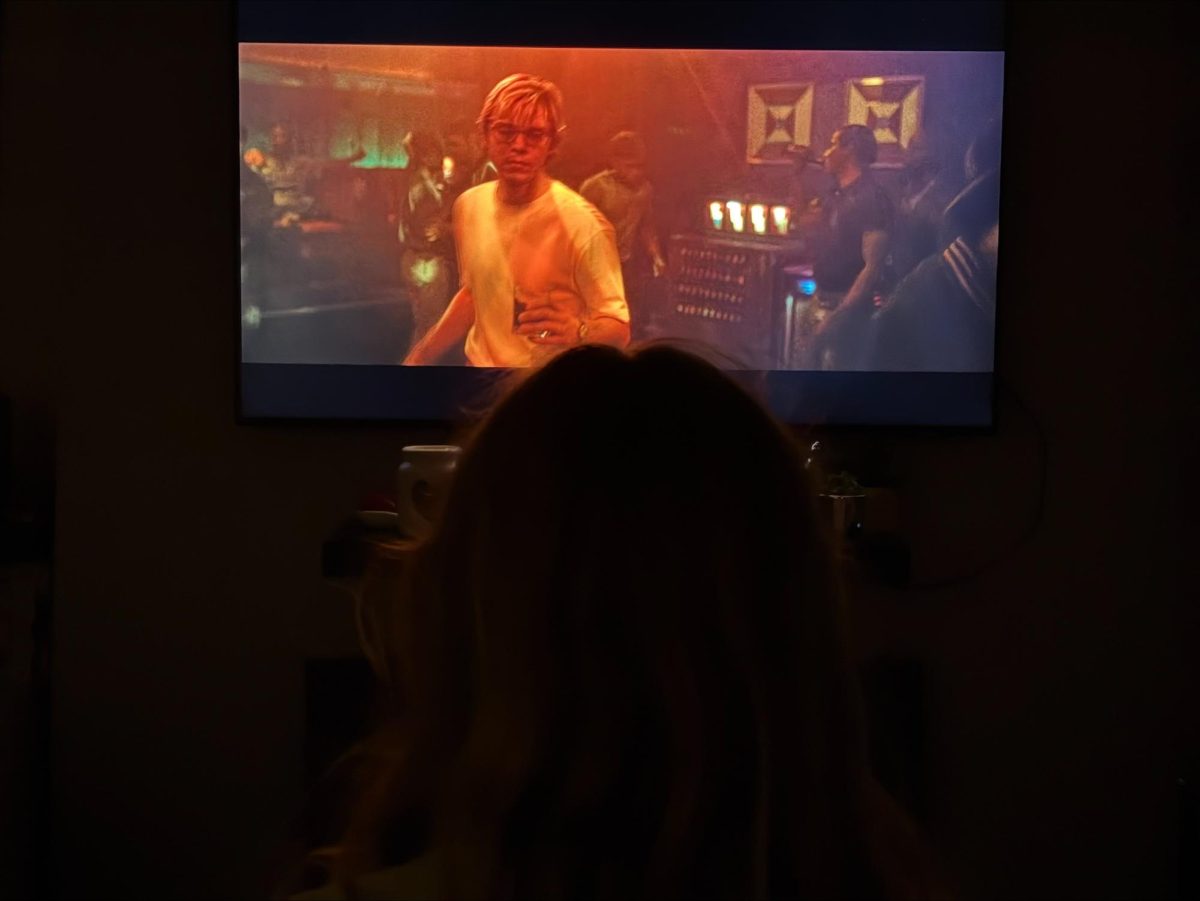
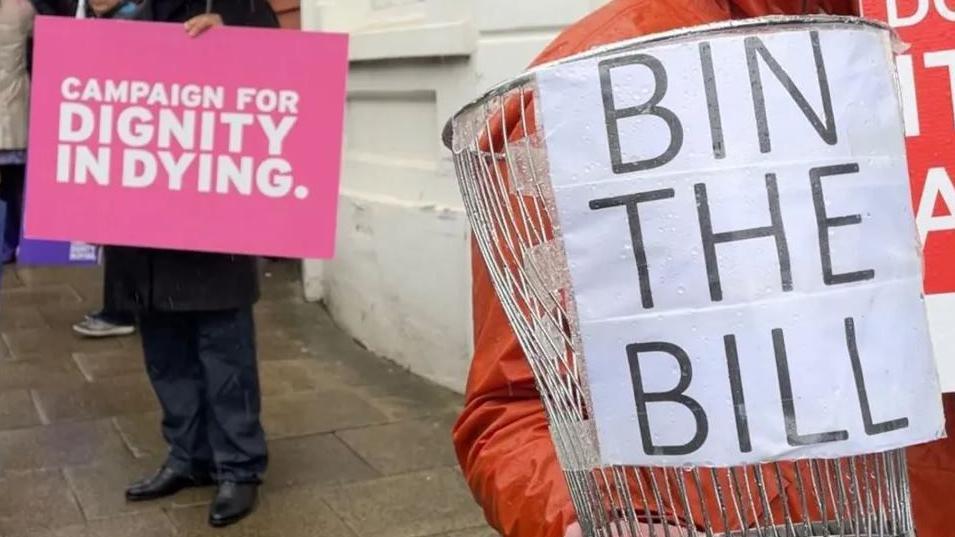
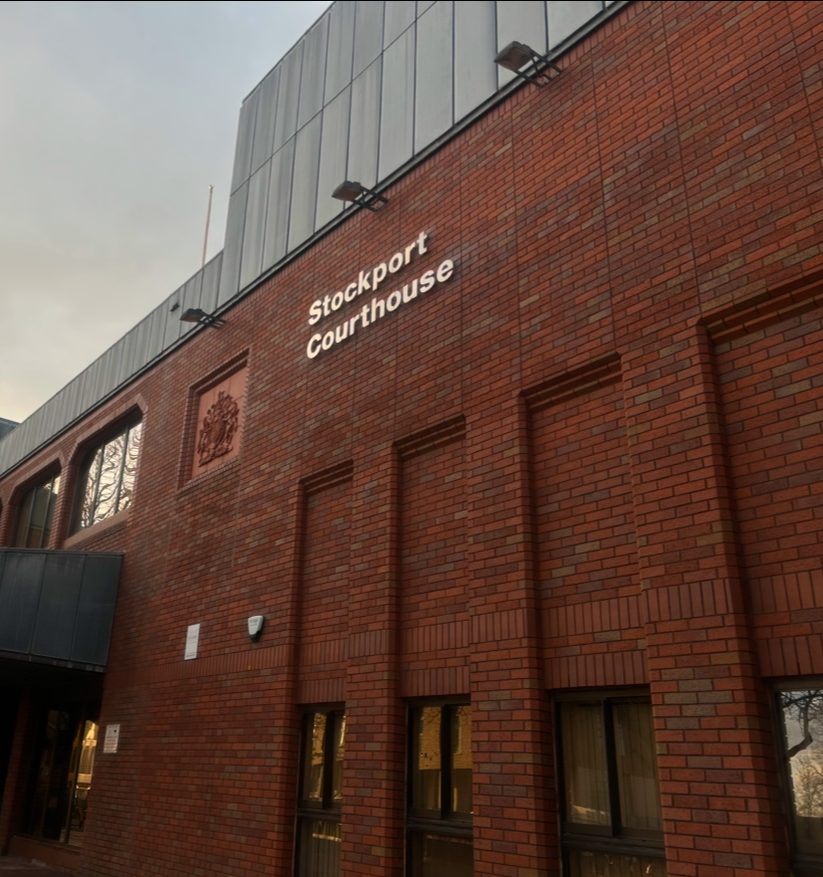
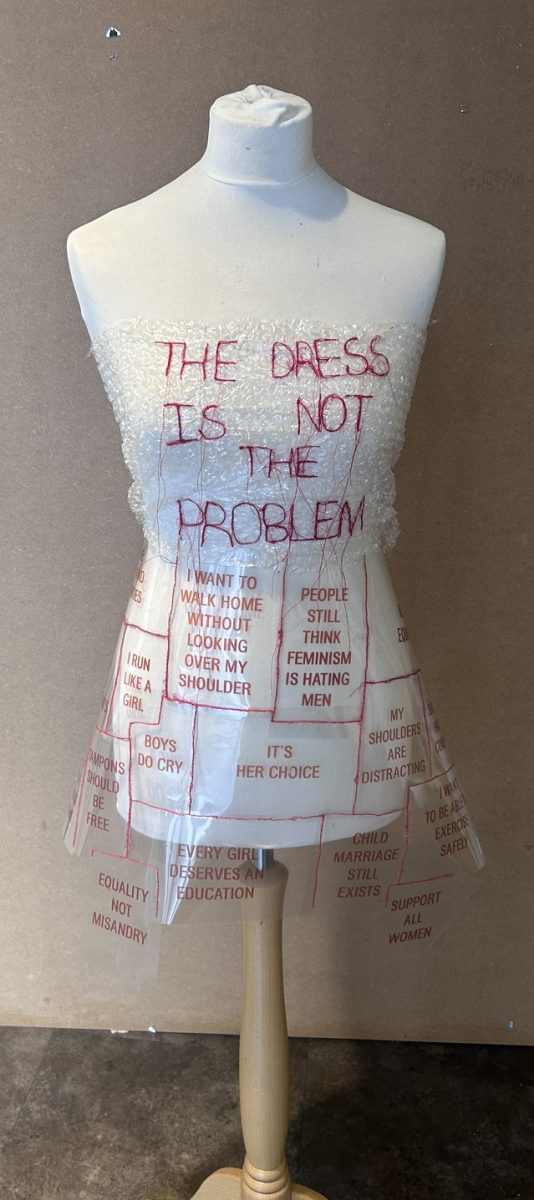
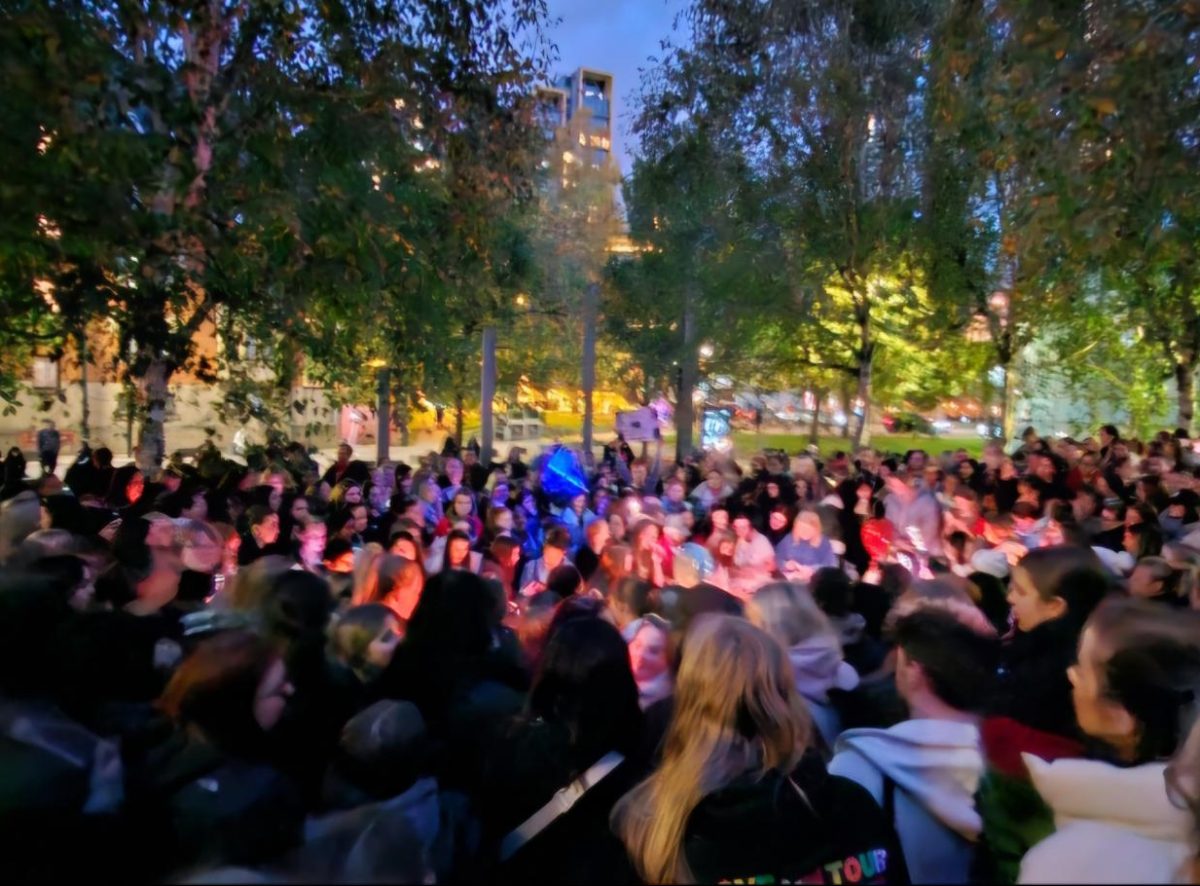
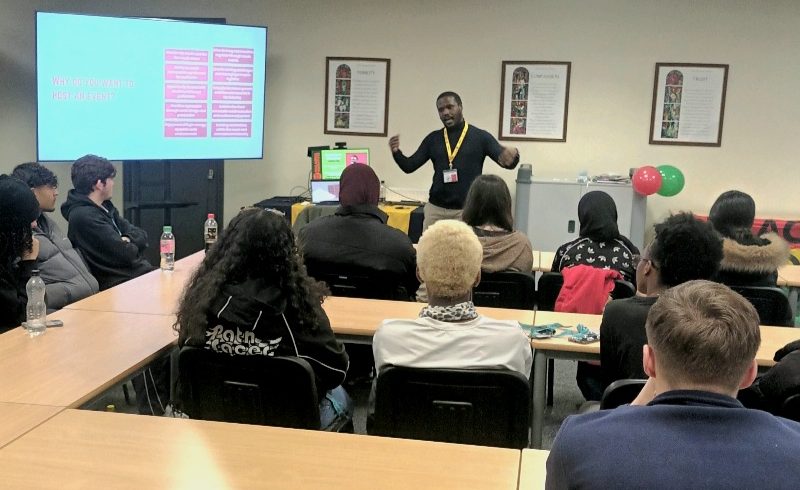
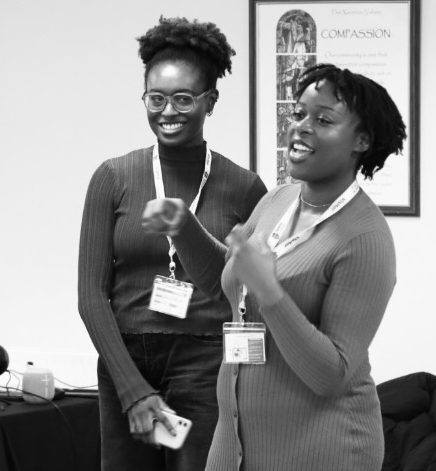
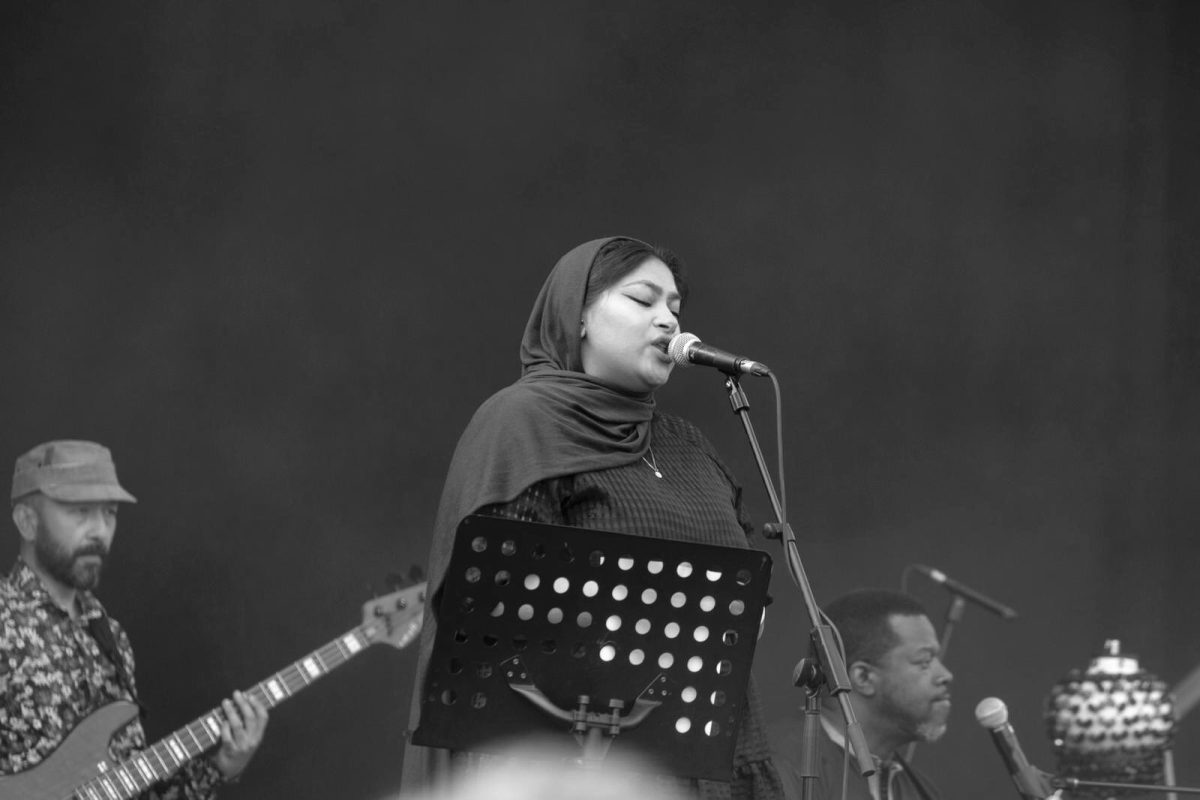
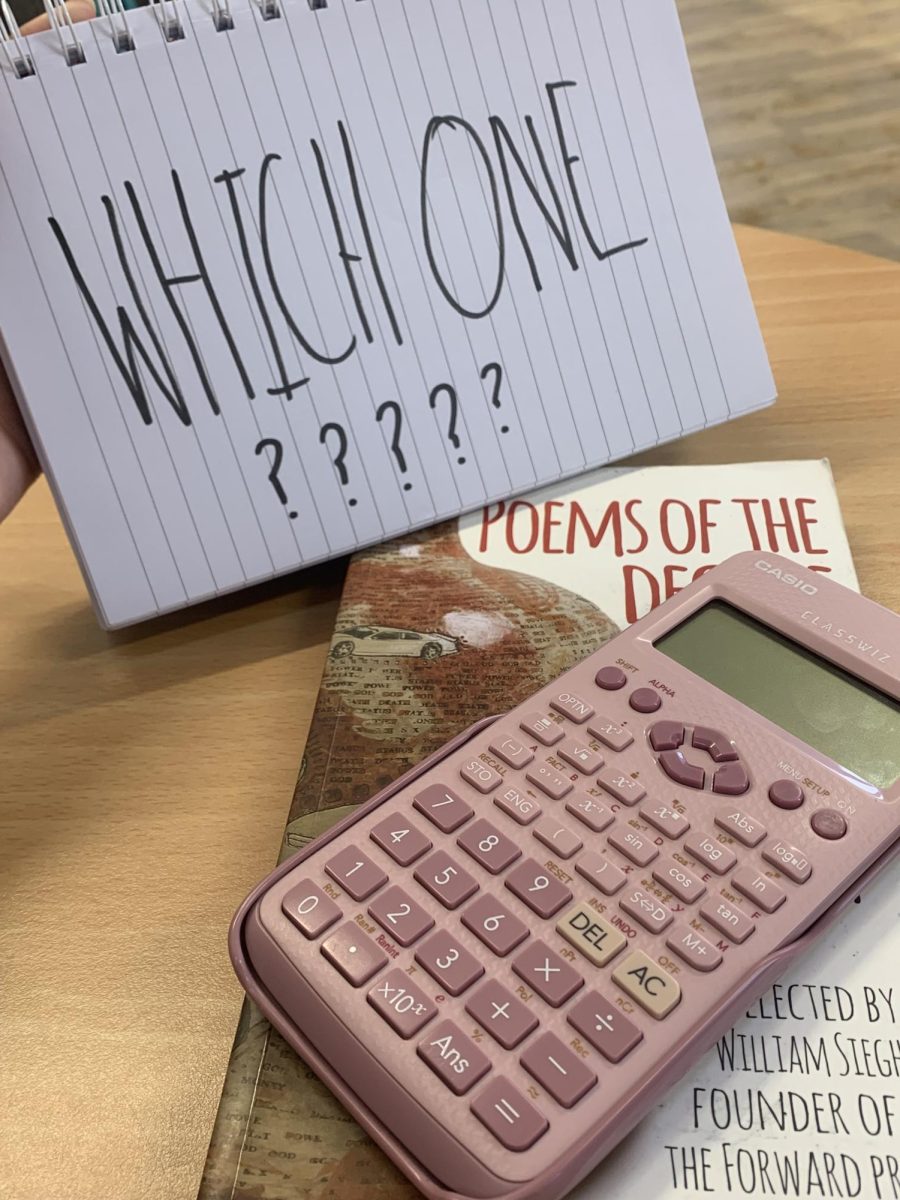
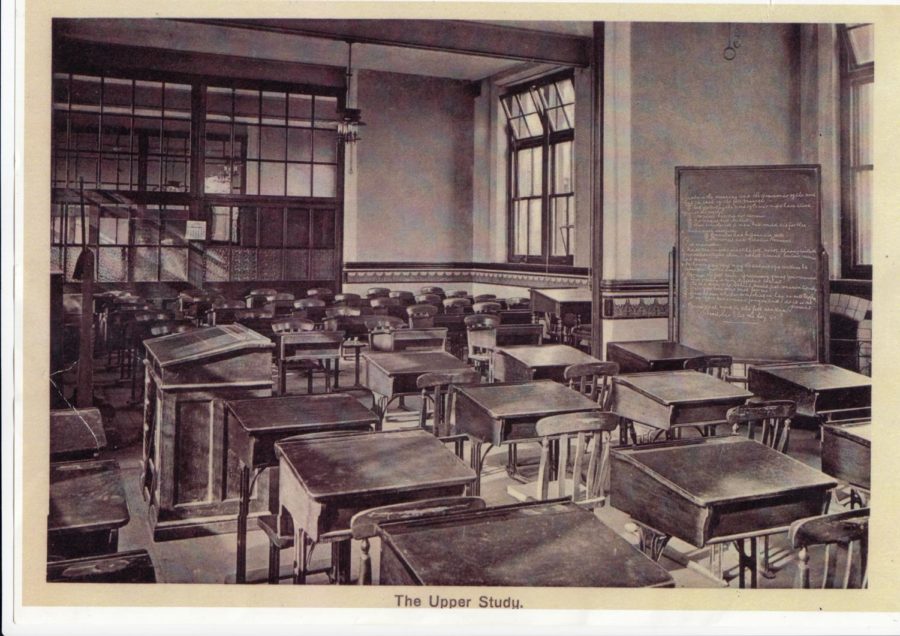
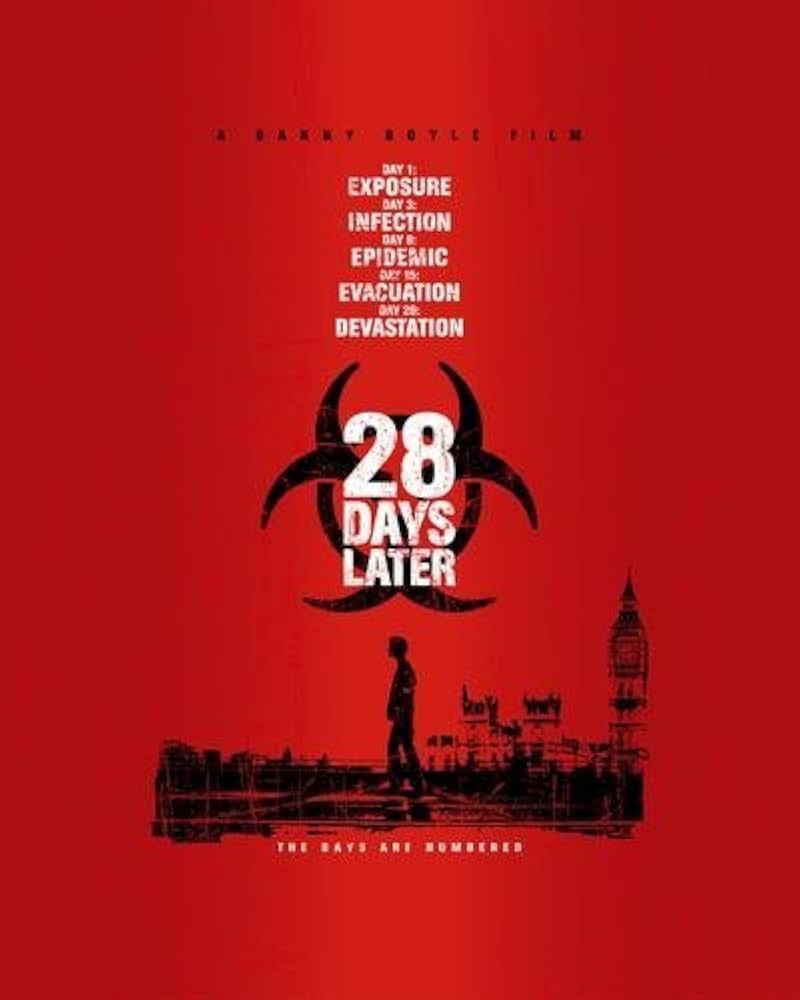
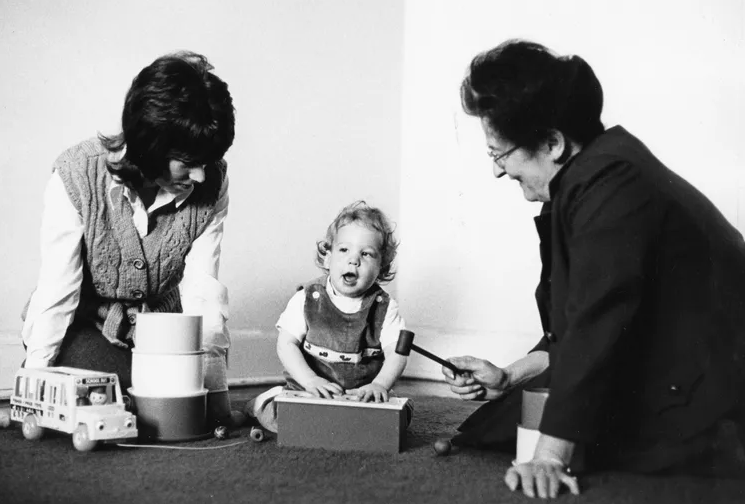

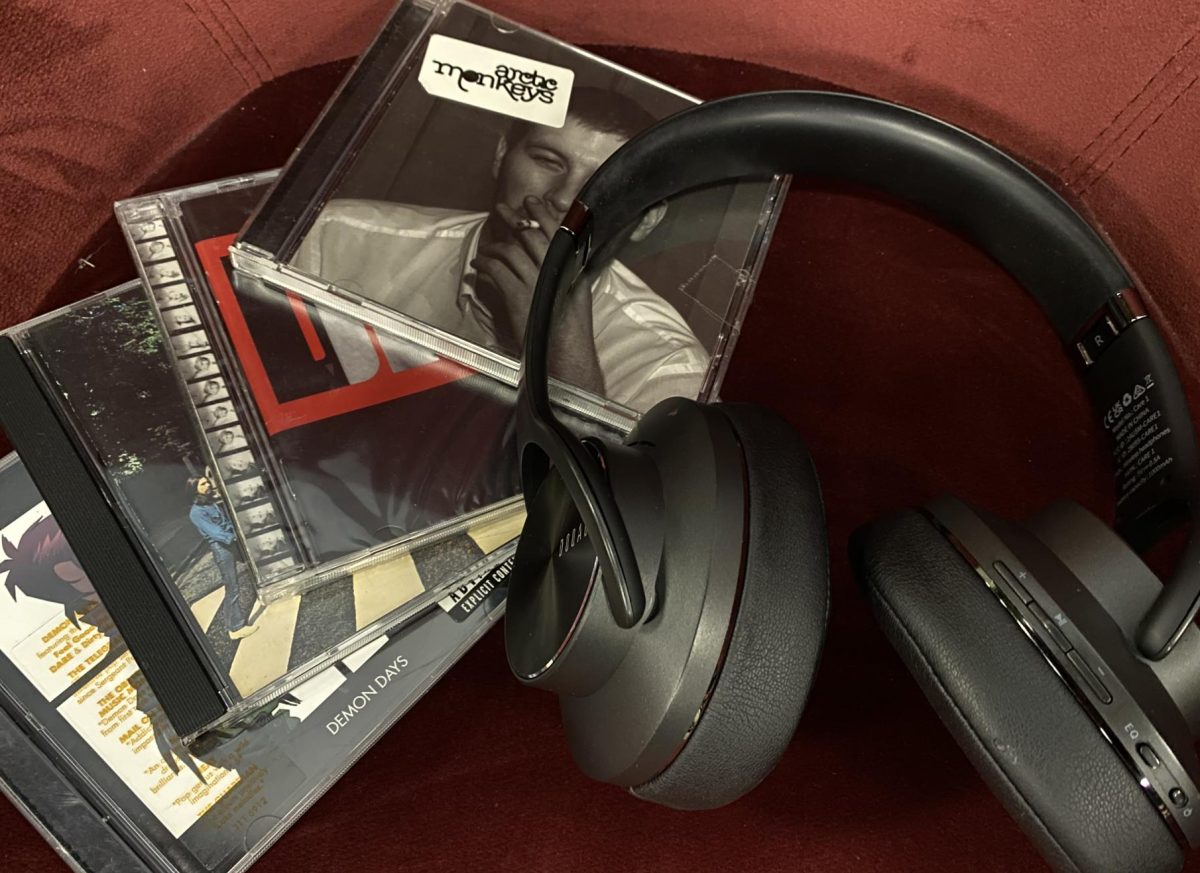




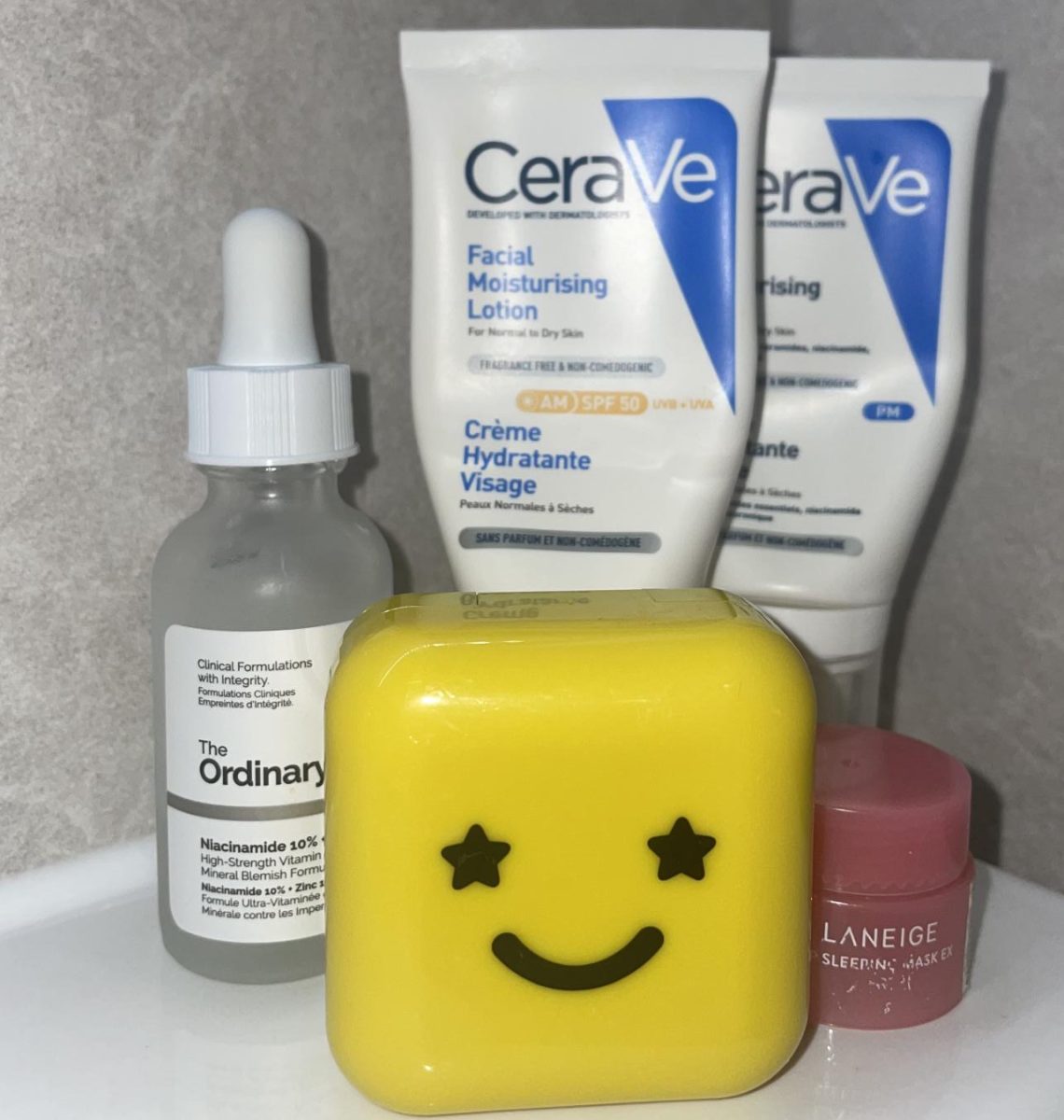
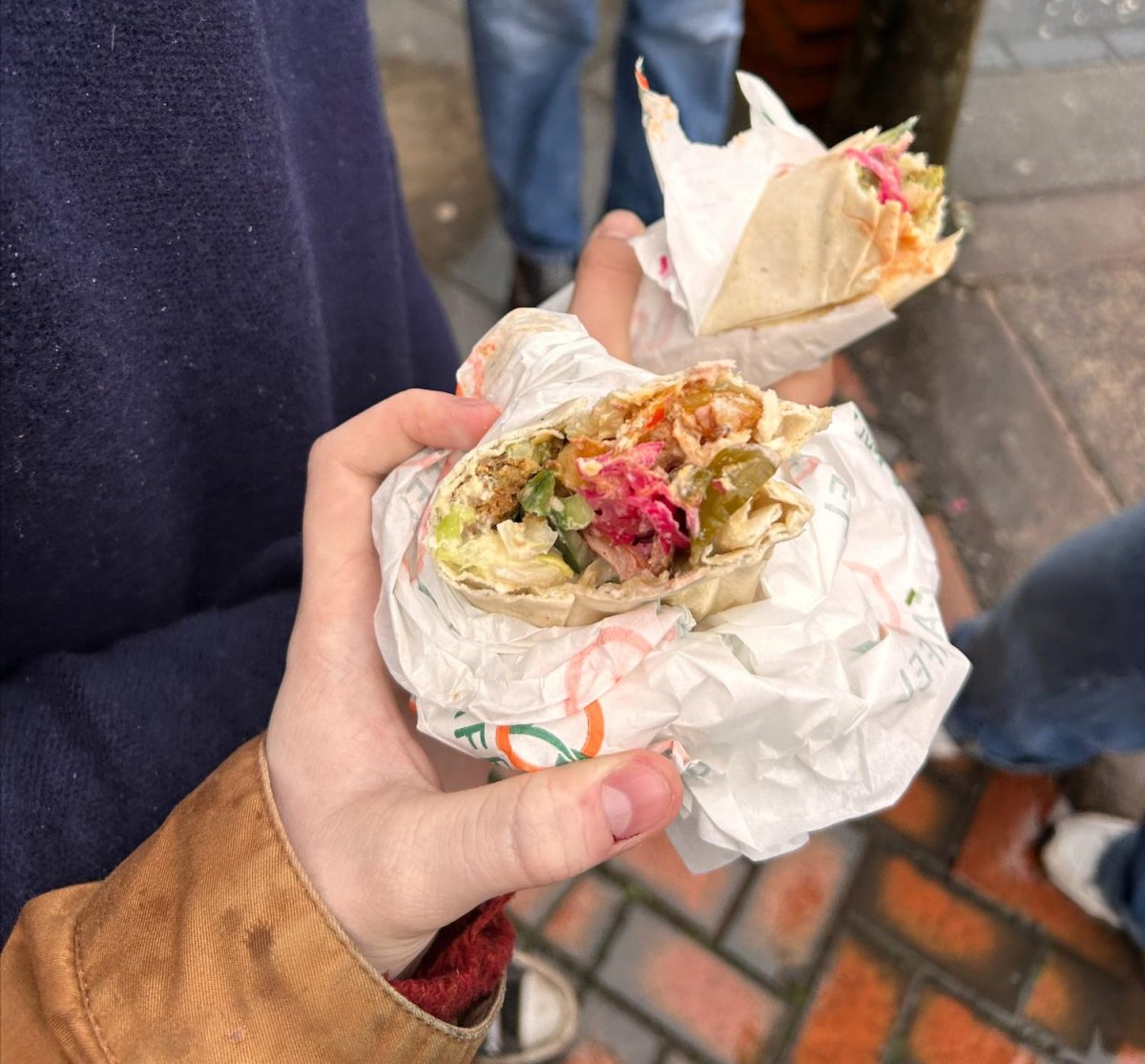

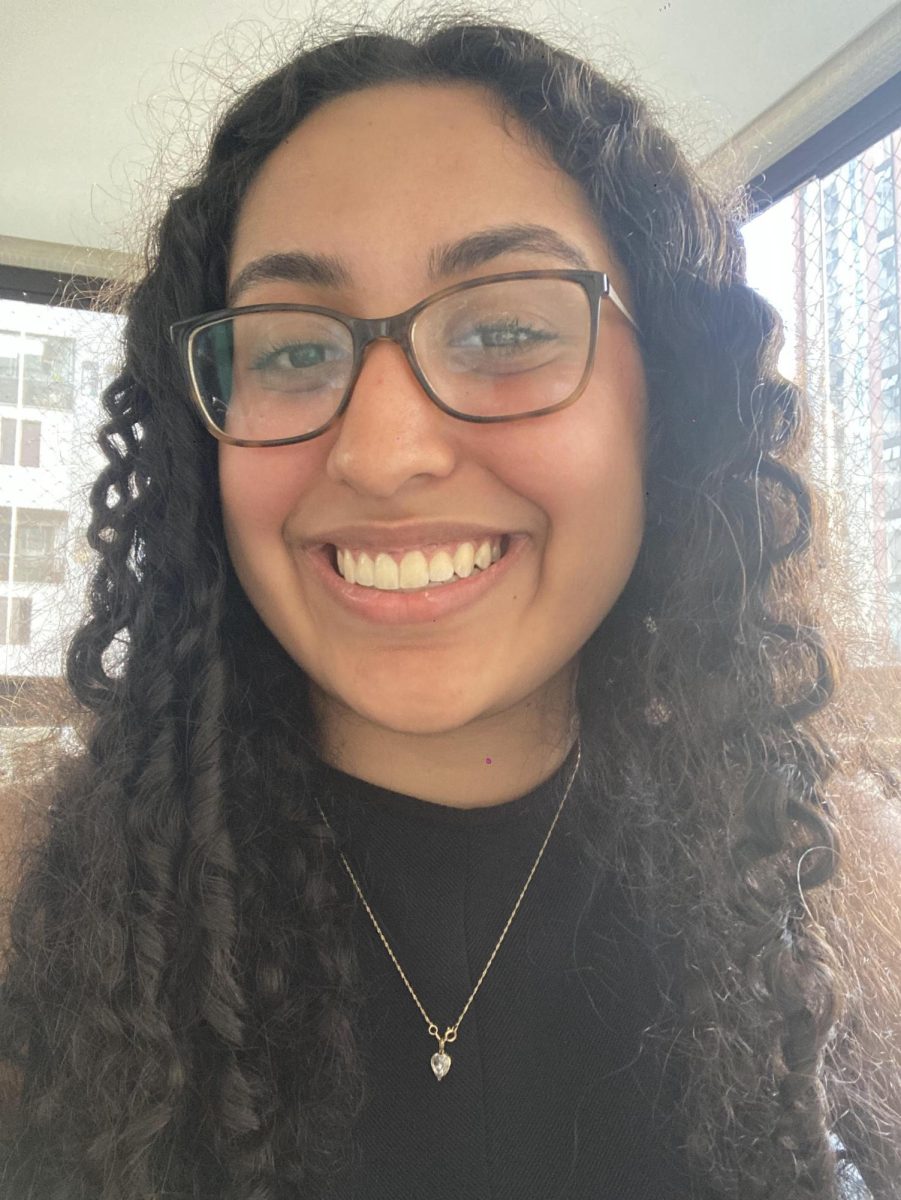

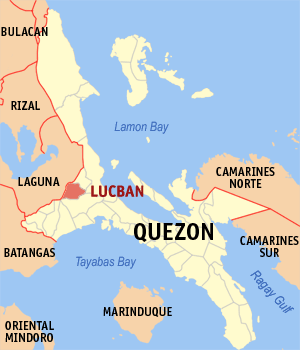
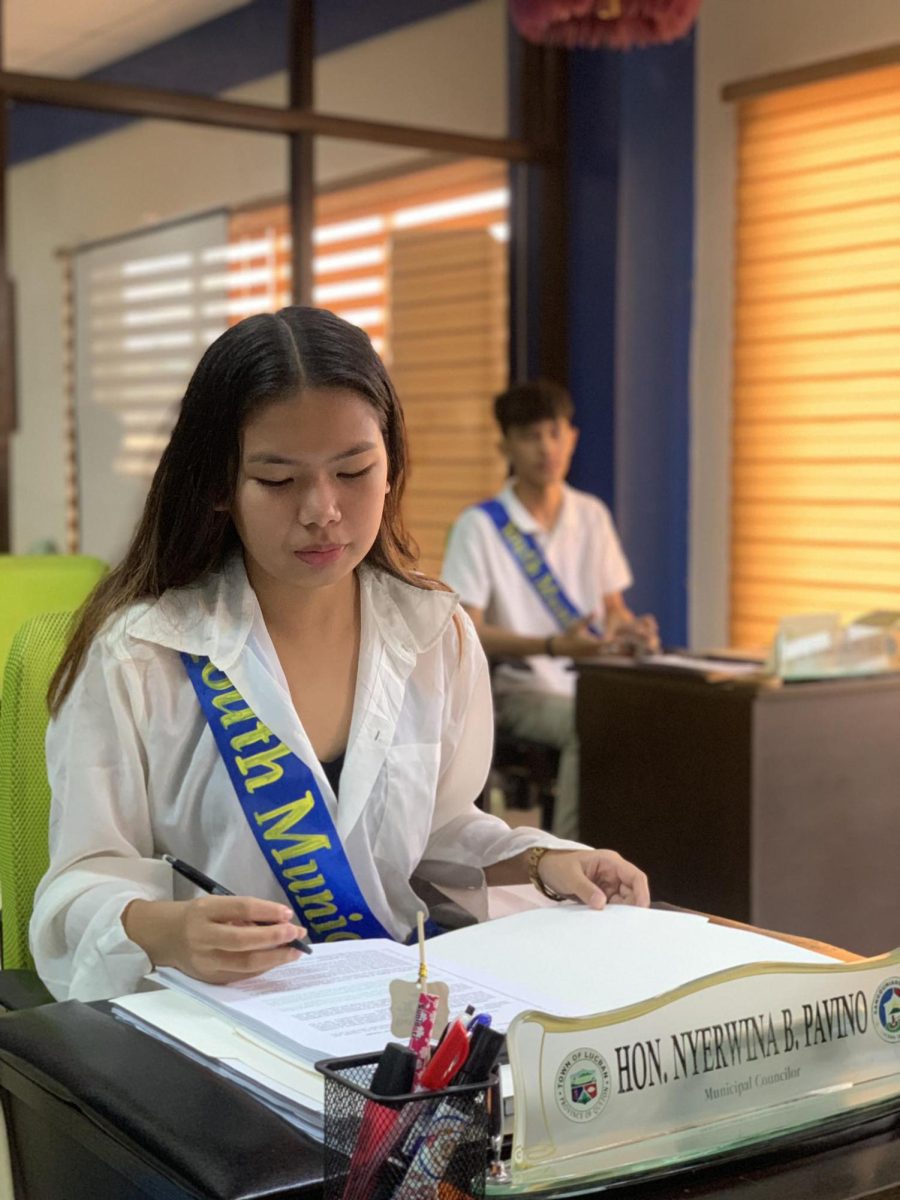


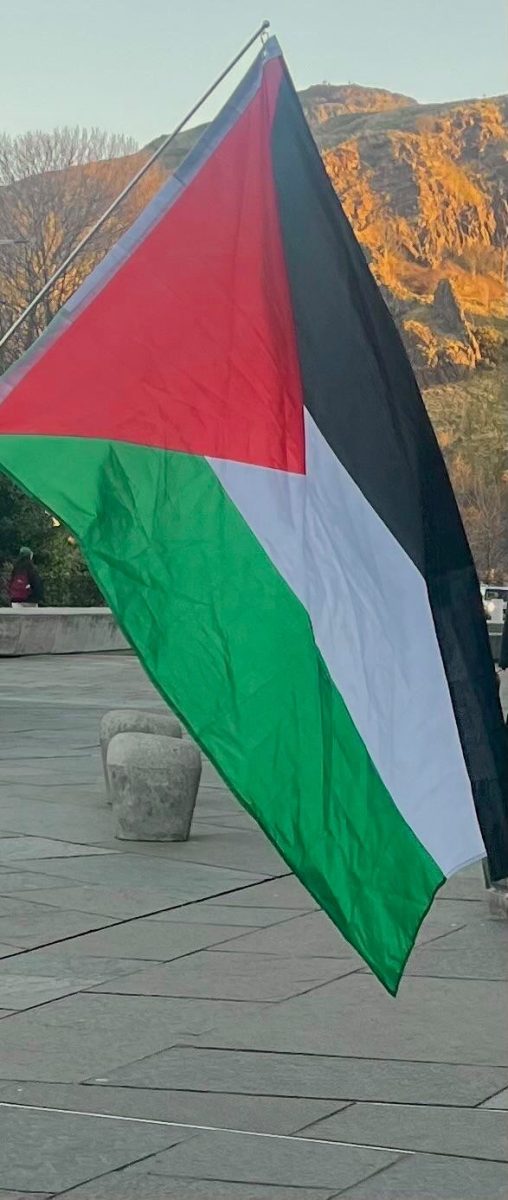

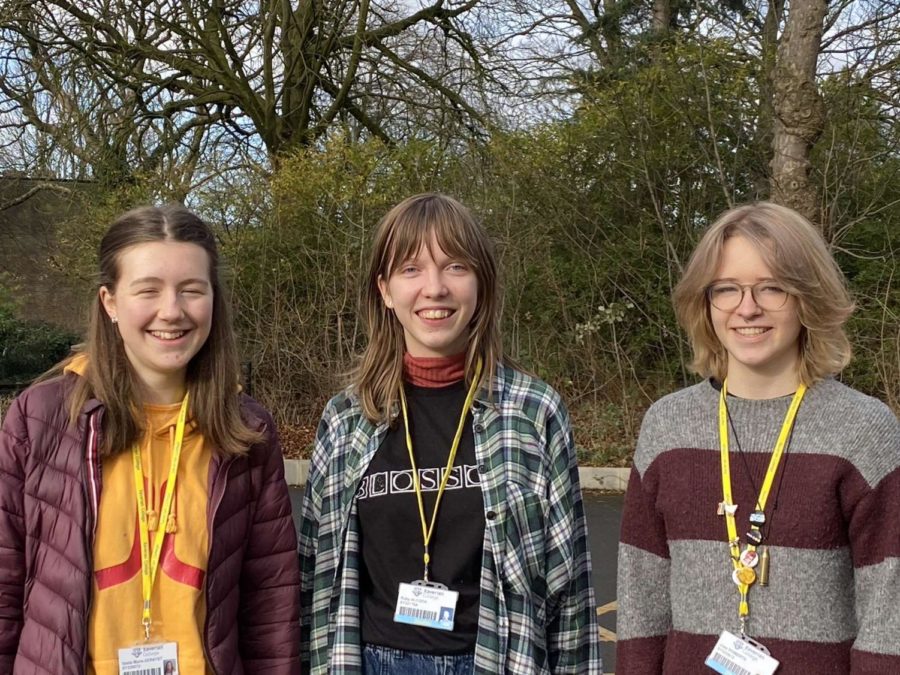
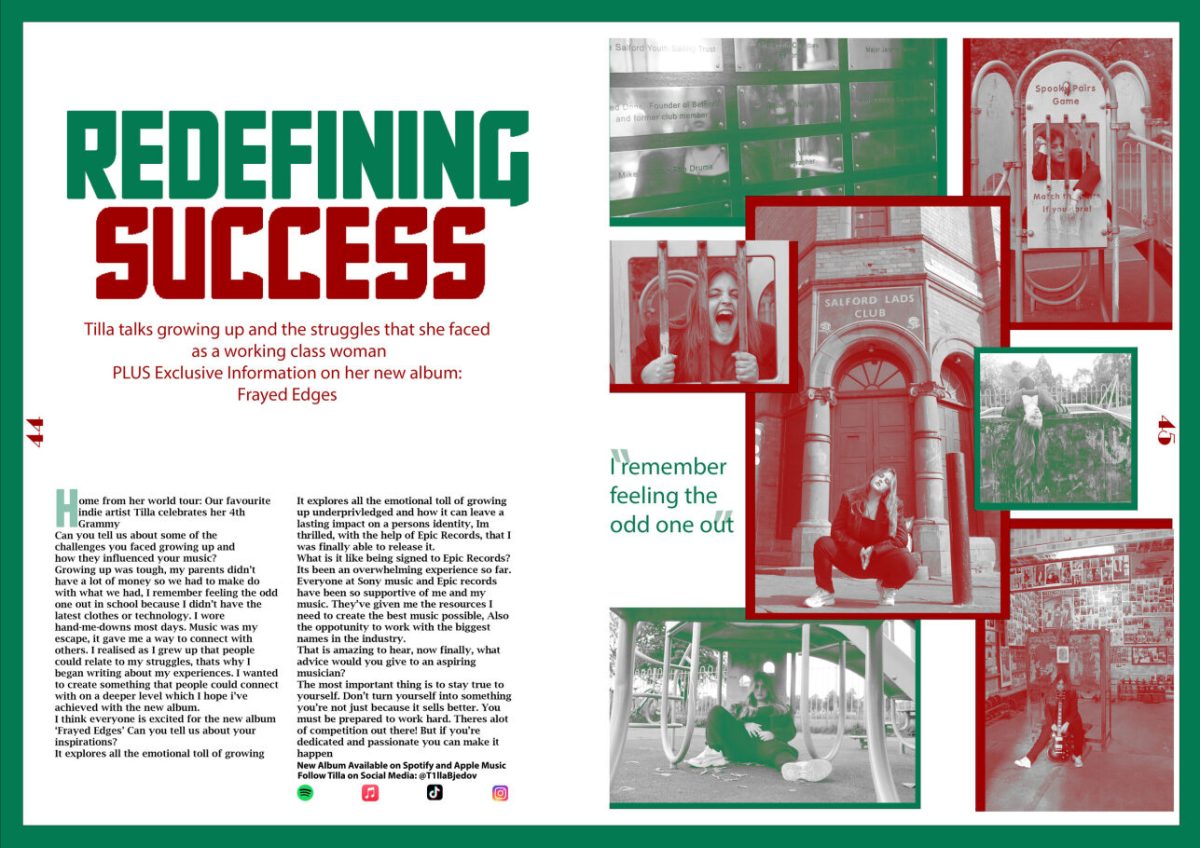

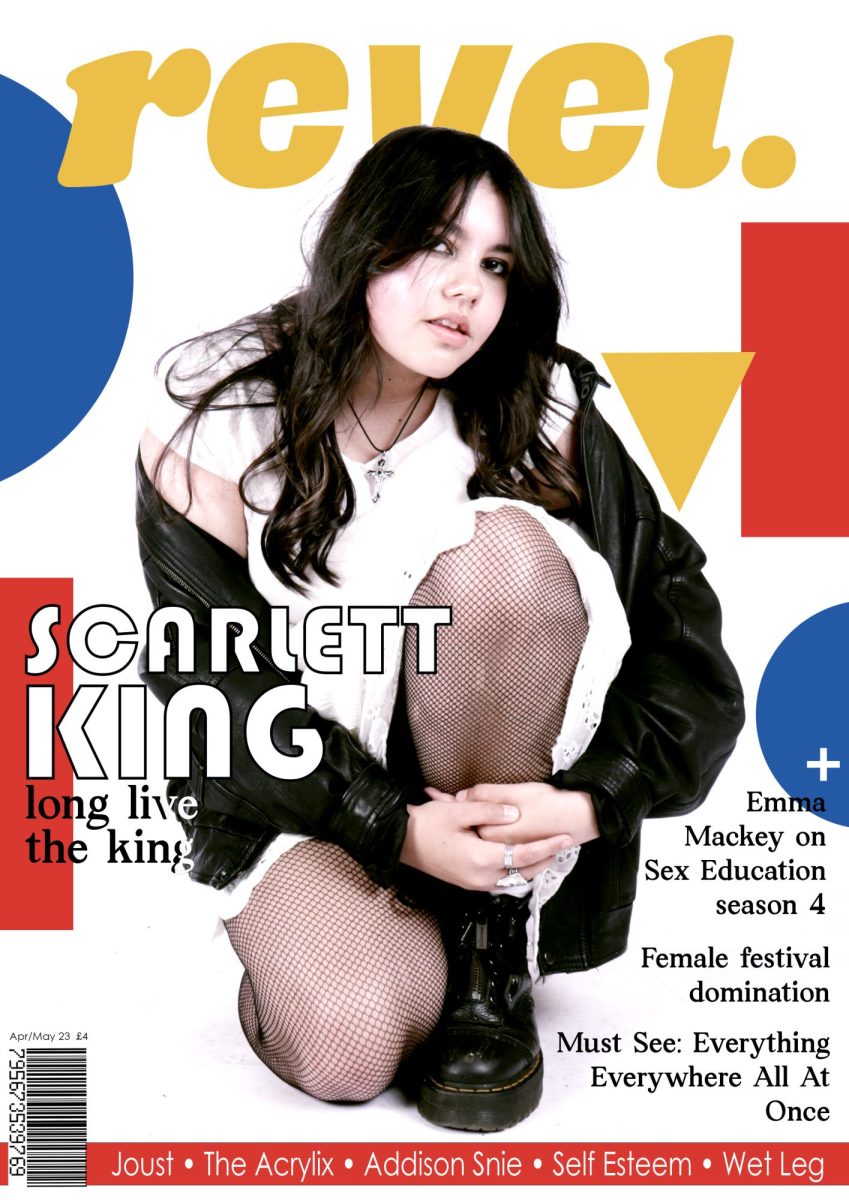
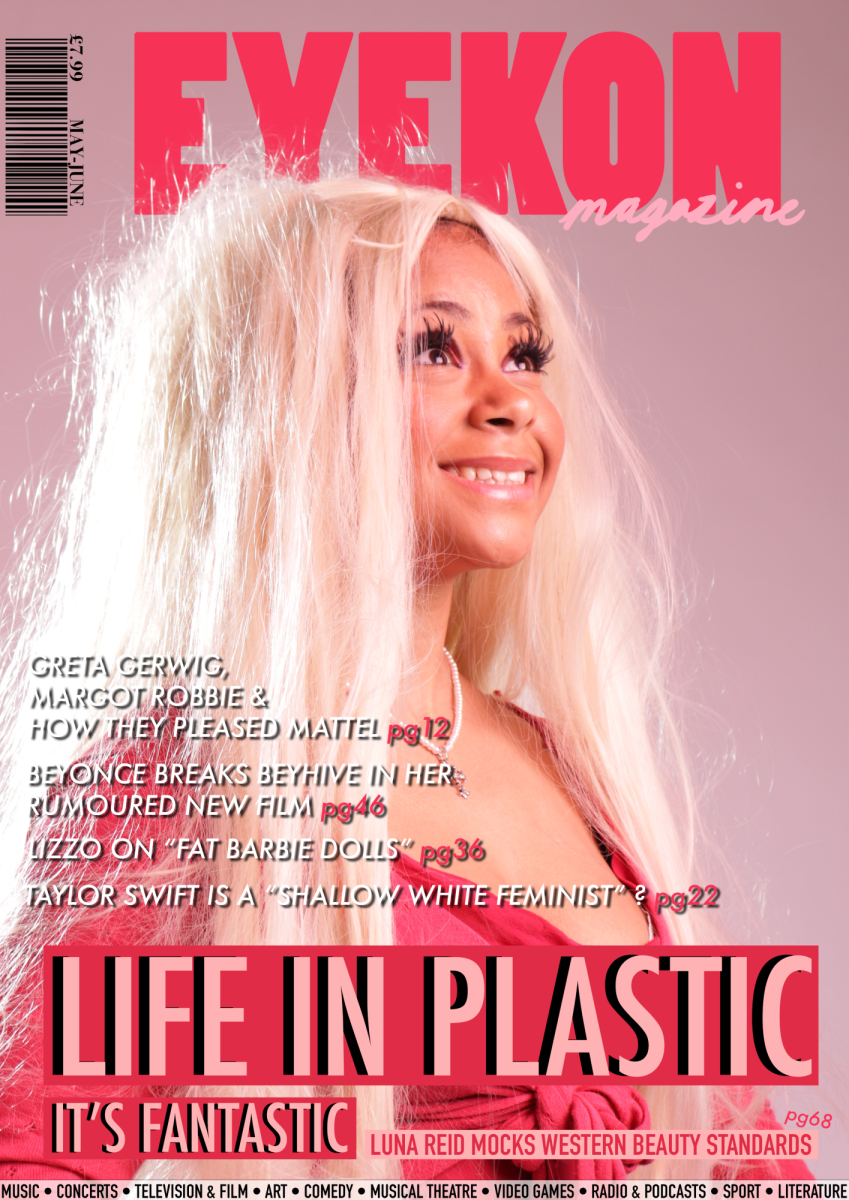
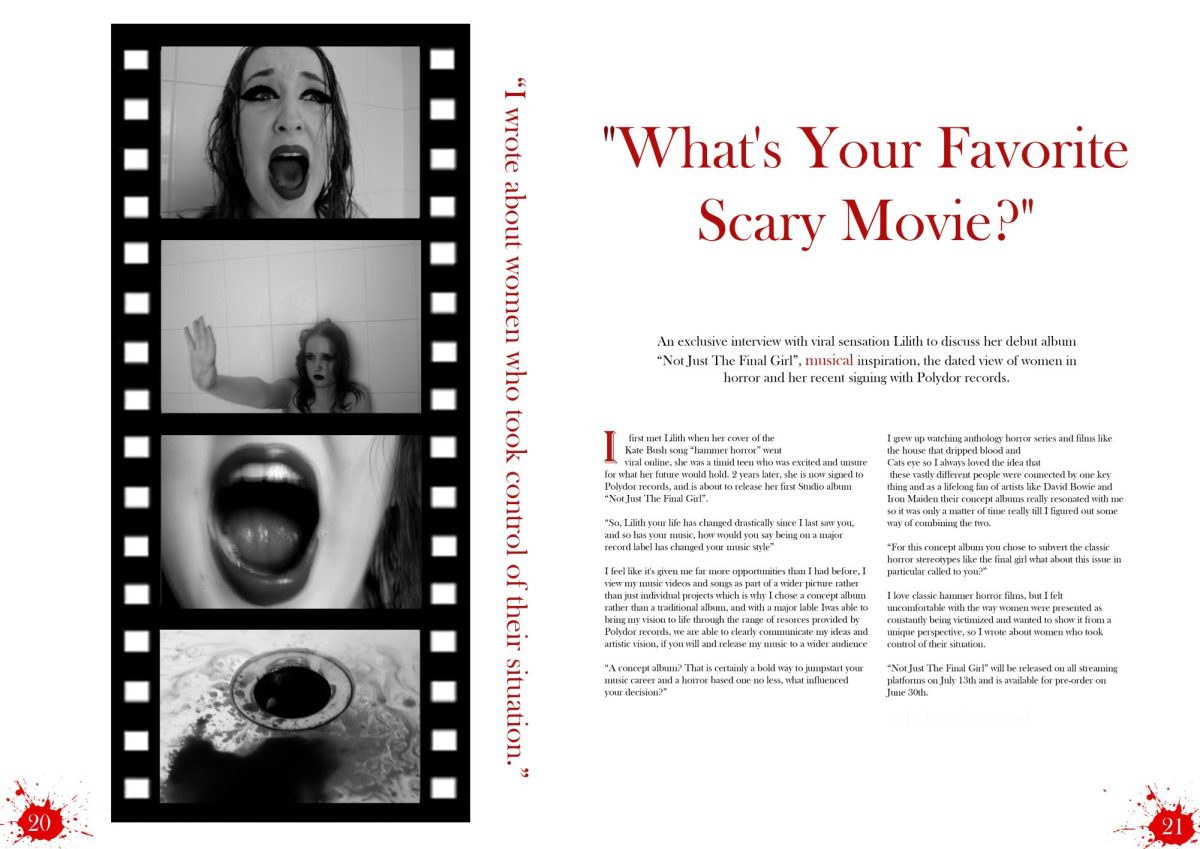

Marsell • Nov 7, 2024 at 8:31 am
‘Don’t shrink yourself in a space’! Amazing article, thank you for giving us this insight Roselynn!